
Goethe, the famous German poet and thinker, once said,
“He who has a firm will moulds the world to himself”
Even in these days when materialism has a firm hold on our minds, we believe in will power. A man of strong will always makes his mark. He may will what is evil; he may will what is, after all, selfish. Yet he is bound to leave the men of weaker will behind in the race if life.
A Chinese proverb says,
“Great souls have wills, feeble ones have only wishes”
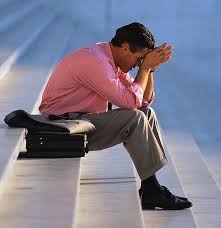
It is a common tendency to magnify the obstacles-real or imaginary-on our path of progress. When a man fails to achieve what he desires, it is a rarely or never that he examines himself carefully to see if the fault lies with him or not. Very often we want something to be done, not wholeheartedly, not with all our powers engaged in the work, but in a wistful, lazy or careless way. And if we fail, who is to blame? It is a use exaggerating the difficulties that beset our path. That is only a way of finding excuse for our own feeble will.
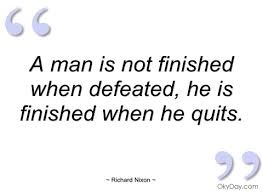
Rochefoucauld once wrote,
“We have more power than will; and it is only to exculpate ourselves that we often say that things are impracticable.”
Another common human failing is the superstitious regard for fate and chance cherished by the majority of the people. We do not mean to say that there is no room for chance or fate in human life. Accidents will happen. But how many men of strong will are thwarted by sheer accidents? Among all forms of accidents of there is one which, perhaps, man cannot provide against, that is the accident of death. But all the other possibilities can be guarded against-to some extent at least.
How much can, a man of will really do? Better still, is there anything that a man of strong will cannot do? It is true that there are many things which are beyond the scope of man. What is impossible cannot be achieved. But the sphere of man is quiet large.
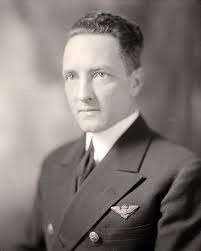
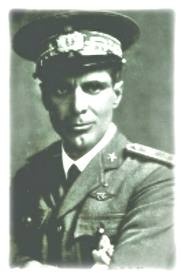
While a man may not fly to moon, he may fly to the North Pole like Commander Byrd and General Nobile. The white settlers in America in the sixteenth and seventeenth centuries were men of strong will. Nothing stopped them and their descendants in their journey from the Atlantic to the pacific coast swamps, forests, mountains, lakes, rivers, hostile and bloodthirsty Indians-all these difficulties were surmounted by them.
History furnishes us with numerous examples of men of strong will achieving the so-called impossible. Hannibal invaded Italy from the north; right across the Alps, a feat which was regarded as well-nigh impossible in those days. Even the officers discouraged him. But by tunneling through mountain walls and building roads over inaccessible peaks Hannibal and his elephants crossed the Alps!.
 King Robert Bruce of Scotland failed again and again to drive the English out of Scotland. But he was a man of strong will. He persisted, and at least he succeeded in defeating the English. During the Russo-Japanese War of 1904-5, the Japanese solders finding the approach to Port Arthur blocked, made a human bridge by flinging themselves into the water for artillery to pass!
King Robert Bruce of Scotland failed again and again to drive the English out of Scotland. But he was a man of strong will. He persisted, and at least he succeeded in defeating the English. During the Russo-Japanese War of 1904-5, the Japanese solders finding the approach to Port Arthur blocked, made a human bridge by flinging themselves into the water for artillery to pass!
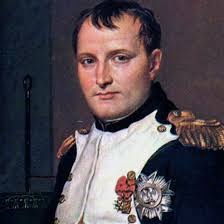
Napoleon once remarked,
“Impossible is a world only to be found in the dictionary of fools”
His own carrier illustrates what a man of strong will can do. A corporal in the French army belonging to a lower middle class family with no backing or support, he roses to be the dictator of Europe.
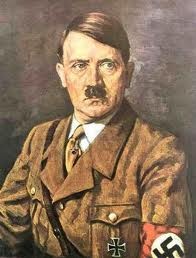 The carrier of Hitler shows the same indomitable will directed to a single purpose. But Hitler like Napoleon was willing what was evil and meet with a bad end. But that does not explain away the fact that he raised the German nation-dispirited, resourceless and disorganized-to a pinnacle of military glory rare in world’s history within a short period of time. Although by reckless use of that power he soon lost it.
The carrier of Hitler shows the same indomitable will directed to a single purpose. But Hitler like Napoleon was willing what was evil and meet with a bad end. But that does not explain away the fact that he raised the German nation-dispirited, resourceless and disorganized-to a pinnacle of military glory rare in world’s history within a short period of time. Although by reckless use of that power he soon lost it.
We should, therefore, give up the habit of whining and complaining. We should also give up the habit of wishing for things and of lamenting our misfortune when these wishes are not fulfilled. Let us ‘will’ wholeheartedly and many of these obstacles that frighten us will disappear. 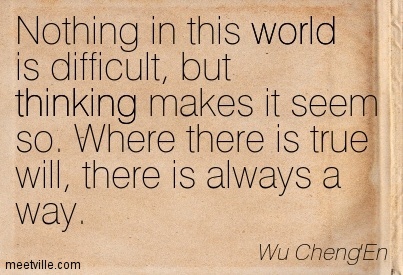
Victor Hugo rightly said, “People do not lack strength; they lack will”
Written By: Syed Faiz Mujtaba



